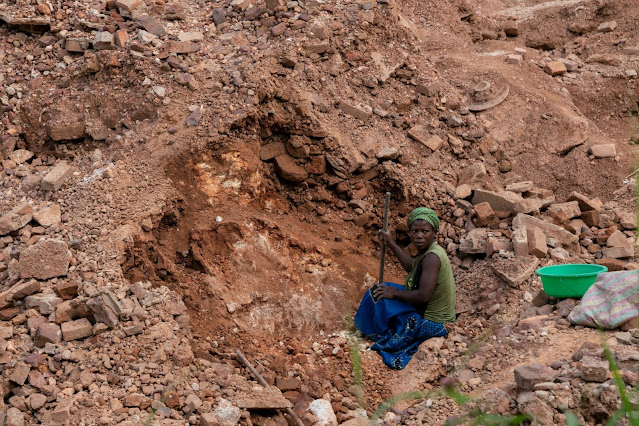The United States Department of State has raised concerns over alleged abuse of workers by some Chinese-owned enterprises in Zimbabwe, citing cases of physical, s3xual, and emotional abuse, as well as unsafe working conditions and unfair labour practices.
In its 2024 Country Reports on Human Rights Practices: Zimbabwe, released in August 2024, the State Department named both parastatal and privately owned companies run by citizens of the People’s Republic of China (PRC) as being implicated in the abuses.
One of the most shocking incidents detailed in the report involved the deportation of two PRC nationals in July 2024 after they allegedly assaulted mine workers in Bindura. “The country deported two PRC nationals accused of abusing two mine workers by hanging them from a front-end loader at Makanga Mine in Bindura,” the report stated. The workers survived the incident, but rights groups say it reflects a “pattern” of impunity for labour law violations by some Chinese firms.
The report accused certain Chinese companies of disregarding health and safety regulations, withholding wages, and terminating employees without following legal procedures. “Abuses by management… included unsafe working conditions, underpayment or nonpayment of wages, unfair dismissals, and failure to abide by collective bargaining agreements,” the document reads.
A September 2024 report by the Centre for Natural Resource Governance was also cited, alleging that many Chinese mining companies were “violating labour laws, often with apparent impunity.” While the Zimbabwean Ministry of Public Service and Labour is tasked with enforcing workplace safety and labour rights, the US report said enforcement was weak, particularly in farming and domestic sectors. “Penalties for violations… were not commensurate with penalties for comparable offences. Penalties were sometimes applied against violators,” it noted.
The report further pointed to Zimbabwe’s high rate of informal employment, with 88% of workers outside formal contracts as of July 2023. Many of these workers are in agriculture, trading, and small-scale mining, sectors where abuses are more difficult to monitor. The Zimbabwe Miners Federation estimates that about 500,000 people work in artisanal mining, but only 40,000 are officially registered.
It added that authorities have occasionally clashed with informal vendors and miners, sometimes seizing goods and making arrests. The State Department concluded that the Zimbabwean government “did not take credible steps to identify and punish officials” involved in human rights violations and that there were “significant restrictions” on workers’ freedom of association and collective bargaining.






